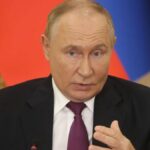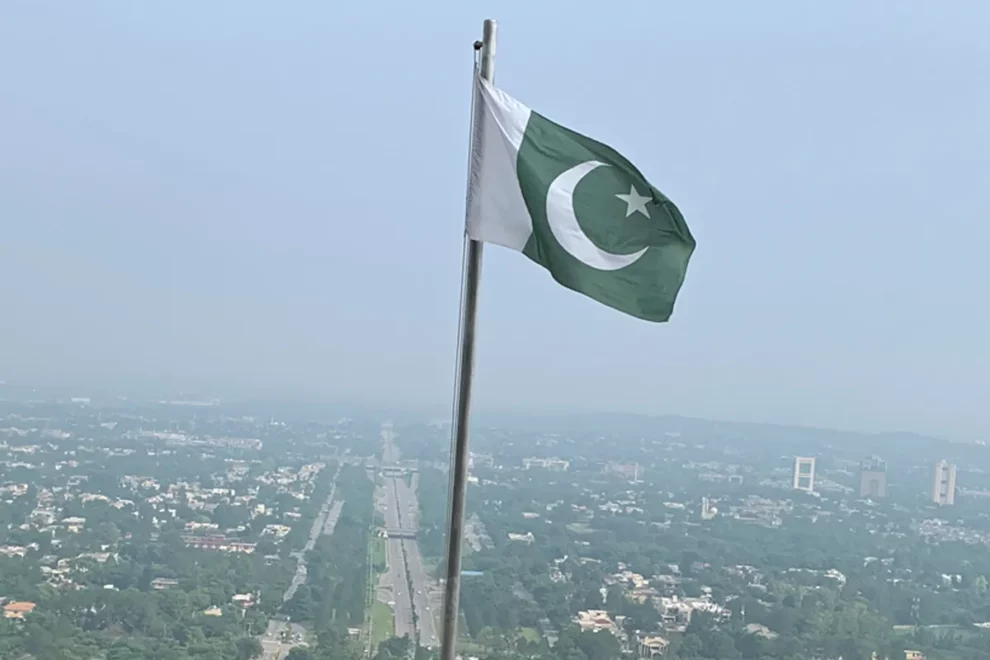The official panel responsible for organizing elections in Pakistan announced Thursday the much-awaited national parliamentary polls will take place in the last week of January, confirming a delay of about two months and ending uncertainty about the fate of the electoral process.
In a brief statement, the Election Commission of Pakistan, or ECP, defended the decision, saying it needed more time to redraw nationwide constituencies following the latest population census.
“The final list of the new constituencies will be published on November 30, and the elections will be held in the last week of January 2024 after a 54-day election program [or campaigning],” the ECP said, without giving the exact date for the vote.
The elections in Pakistan were due to be held within 90 days, in line with the constitution after the outgoing parliament completed its five-year term on August 9 and then-Prime Minister Shehbaz Sharif dissolved his government.
A caretaker government, led by Prime Minister Anwaar-ul-Haq Kakar, has since been installed to supervise the vote in the South Asian nation of about 241 million people.
Kakar told a Thursday event at the Council on Foreign Relations think tank in New York that his government was determined to facilitate “free, fair and transparent elections” in Pakistan.
“We’re committed to abiding by the principles of democracy that are enshrined Pakistan’s constitution. My government will work diligently to ensure that the people of Pakistan are fully represented in the government that would be formed,” he said.
The caretaker prime minister delivered the public talk on the sidelines of the United Nations General Assembly session.
The ECP announcement comes as nuclear-armed Pakistan struggles to tackle deepening economic, political and security challenges.
The political turmoil erupted in April 2022 when a parliamentary no-confidence motion removed then-Prime Minister Imran Khan from power.
The ousted Pakistani leader and his Pakistan Tehreek-e-Insaf, or PTI, party have since been calling for early elections in the country, denouncing the no-confidence vote as illegal and accusing the politically powerful military of orchestrating it.
Thousands of PTI members, including senior leaders, have been arrested since a military-backed crackdown on the party began in May.
Khan was convicted of controversial graft charges and sentenced to three years in jail early last month.
A high court suspended the sentence, but the 70-year-old former prime minister remains in custody over accusations of leaking contents of a classified diplomatic cable, known as a cipher, for political gains.
Khan says that the cipher proves the United States collaborated with the Pakistani military and Sharif to topple his government, charges Washington and Islamabad have denied.
The cricket star-turned-deposed Pakistani leader remains the most popular politician in Pakistan, and his party is the largest national political force, according to public polls.
Militant attacks have also dramatically surged in the country, killing nearly 600 people since the start of the year, raising security concerns ahead of the upcoming vote.
The deteriorating security and lingering political crisis have hampered efforts to tackle one of Pakistan’s worst economic crises in decades, with inflation rising to record levels.
A last-minute bailout package from the International Monetary Fund in July helped Islamabad avert a default on its external debt servicing.
But the IMF linked the $3 billion loan agreement to much-needed and long-delayed economic reforms in Pakistan, such as removing subsidies on power and fuel prices and forcing the wealthy class to pay taxes.
Rising fuel and power prices have triggered anti-government protests, adding to the popularity of Khan’s party, according to political observers.
Source: VOA News















